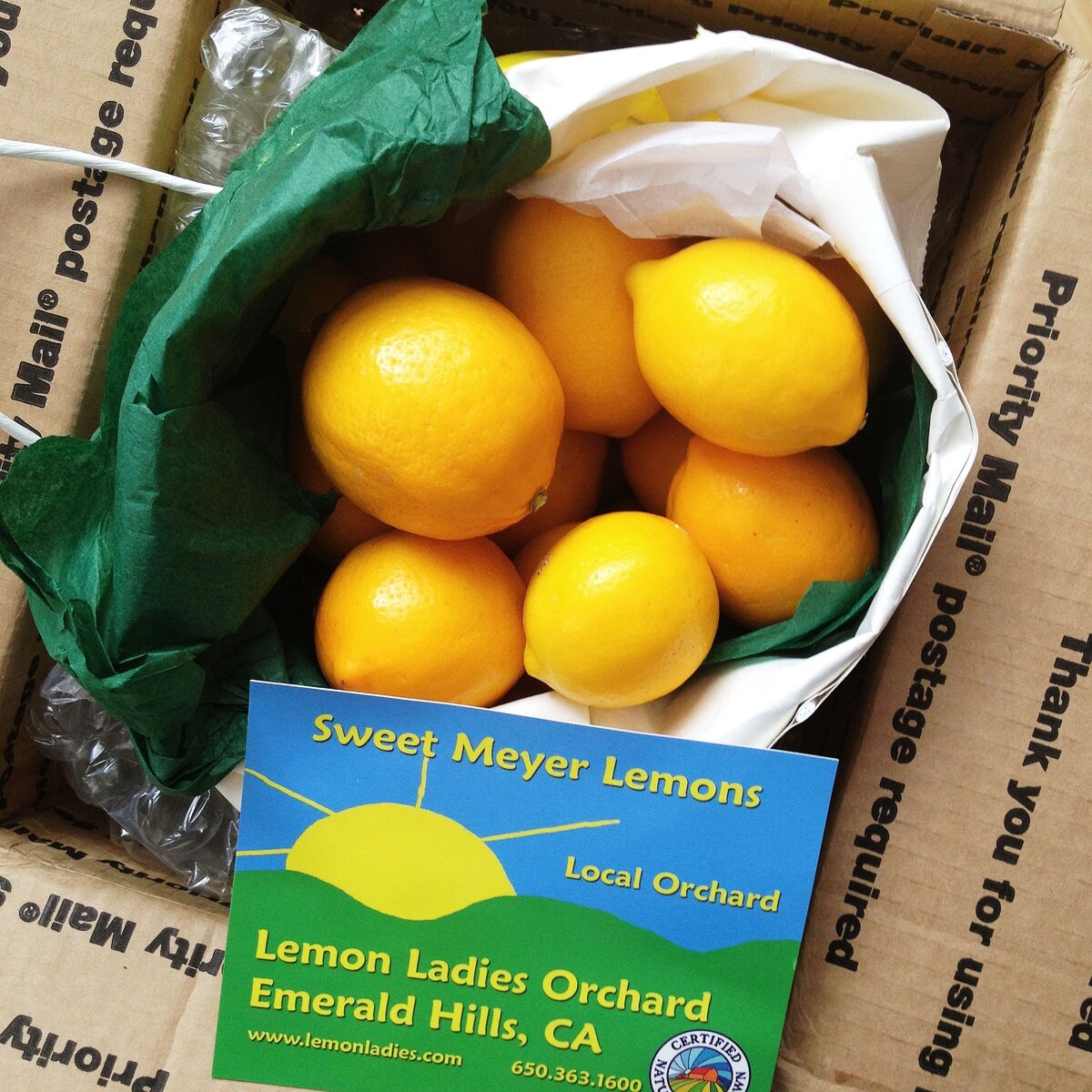

Articles
How To Store Meyer Lemons
Modified: August 30, 2024
Learn the best methods for storing Meyer lemons with our insightful articles. Keep your lemons fresh and aromatic for longer periods!
(Many of the links in this article redirect to a specific reviewed product. Your purchase of these products through affiliate links helps to generate commission for Storables.com, at no extra cost. Learn more)
Introduction
When it comes to citrus fruits, Meyer lemons are a prized gem. With their fragrant aroma and unique flavor profile, these lemons are a delightful addition to a variety of dishes, from salads to desserts. However, Meyer lemons have a shorter shelf life compared to other citrus fruits, which means proper storage is essential to keep them fresh and flavorful for as long as possible.
In this article, we will explore the best practices for storing Meyer lemons. We will discuss why these lemons require special storage considerations, the ideal temperature and humidity levels for storage, and the best containers to use. Additionally, we will cover the differences between storing Meyer lemons in the refrigerator and at room temperature, as well as tips for extending their shelf life.
By following these guidelines, you can ensure that your Meyer lemons stay fresh and vibrant, allowing you to enjoy their tangy-sweet goodness in your favorite recipes, even long after the harvesting season.
Key Takeaways:
- Meyer lemons require special storage due to their delicate nature, higher sugar content, and tendency to ripen quickly. Proper temperature, humidity, and airflow are crucial for maintaining their freshness and flavor.
- Storing Meyer lemons in a cool, dry location with moderate humidity, and using breathable containers can extend their shelf life. Whether in the refrigerator or at room temperature, regular monitoring and proper preparation are key to enjoying their tangy-sweet goodness.
Read more: How To Store Sliced Lemons
Why Meyer Lemons Need Special Storage
Meyer lemons, with their thin, delicate skins and high juice content, require special attention when it comes to storage. Unlike other citrus fruits, Meyer lemons tend to spoil quickly if not stored properly. This is due to their higher sugar content and lower acidity, which makes them more susceptible to rot.
Furthermore, the thin skin of Meyer lemons makes them more prone to moisture loss and damage. If exposed to dry air or extreme temperature fluctuations, the lemons can become dehydrated and lose their juiciness, resulting in a less flavorful fruit.
Another reason why Meyer lemons need special storage is their tendency to ripen quickly. These lemons may ripen faster than other citrus fruits, so it’s important to store them in such a way that slows down the ripening process and helps them maintain their freshness for an extended period.
By understanding the unique characteristics of Meyer lemons and providing them with the necessary storage conditions, you can ensure that these luscious fruits remain in optimal condition, preserving their delicious flavor and vibrant color.
Choosing the Right Storage Location
When it comes to storing Meyer lemons, the first step is to choose the right storage location. Ideally, you want to find an area that is cool, dry, and well-ventilated. Avoid storing Meyer lemons in areas that are exposed to direct sunlight or high humidity, as these can accelerate spoilage.
A pantry or cellar can be an excellent storage location, as long as it meets the temperature and humidity requirements. The temperature should be consistently cool, around 50-55°F (10-13°C), to slow down the ripening process and prolong the shelf life of the lemons. Additionally, the humidity levels should be moderate, around 50-70%, to keep the lemons from drying out.
It’s important to note that storing Meyer lemons near other fruits or vegetables can be detrimental to their shelf life. Some fruits, like apples and bananas, release ethylene gas, which can speed up the ripening process of Meyer lemons and lead to premature spoilage. Therefore, it’s best to keep these lemons separate from other produce to maintain their freshness.
Another factor to consider when choosing the right storage location for Meyer lemons is convenience. You’ll want to store them in a place that is easily accessible and allows you to check on their condition regularly. This way, you can quickly identify any signs of spoilage or issues that may arise and address them promptly to prevent further damage.
By selecting a suitable storage location that provides the right temperature, humidity, and isolation from other fruits, you can create an optimal environment for your Meyer lemons, helping them stay fresh and flavorful for an extended period.
Proper Temperature and Humidity Levels for Storage
Temperature and humidity play crucial roles in maintaining the freshness and quality of Meyer lemons during storage. Keeping the lemons at the right temperature and humidity levels can slow down the ripening process and extend their shelf life.
The ideal temperature for storing Meyer lemons is between 50-55°F (10-13°C). At this temperature range, the lemons will ripen more slowly compared to higher temperatures. It’s important to avoid storing them in areas that are too warm, such as near a stove or in direct sunlight, as this can accelerate ripening and spoilage.
In addition to temperature, humidity levels also need to be taken into consideration. Meyer lemons thrive in moderate humidity, ranging from 50-70%. This level of humidity helps prevent the lemons from drying out and maintains their juiciness. If the humidity is too low, the lemons can become dehydrated and lose their flavor. On the other hand, excessive humidity can promote the growth of mold and cause the lemons to spoil prematurely.
To maintain the recommended humidity levels, you can place a damp cloth or paper towel in the storage area. This will help create a microclimate of moisture around the lemons without directly exposing them to water, which could lead to rotting.
It’s important to monitor the storage area regularly to ensure that the temperature and humidity levels remain consistent. Fluctuations in these factors can impact the quality and shelf life of the Meyer lemons. Using a thermometer and hygrometer can be helpful in accurately measuring the temperature and humidity levels.
By providing the proper temperature and humidity levels for Meyer lemon storage, you can slow down the ripening process and maintain the juiciness and freshness of the lemons for an extended period, allowing you to enjoy their delightful flavor whenever you’re ready to use them.
Preparing Meyer Lemons for Storage
Before storing Meyer lemons, it’s essential to properly prepare them to ensure the best possible storage results. Here are some steps to follow when preparing Meyer lemons for storage:
- Inspect and sort: Start by carefully inspecting each lemon for any signs of damage or mold. Discard any lemons that are already spoiled or have bruises, as they can cause the rot to spread to other fruits. Sort the lemons based on their condition, placing the ones that are in excellent shape for longer-term storage and using the slightly damaged ones first.
- Clean: Rinse the Meyer lemons under cool water to remove any dirt or residue. Gently scrub the skin with a soft brush to ensure they are clean. Avoid using soap or harsh chemicals, as they can affect the flavor and quality of the lemons.
- Dry: After washing, carefully dry the lemons using a clean towel. Make sure they are completely dry before storing, as excess moisture can lead to mold or rot during storage.
- Optional wax coating: To further protect the lemons and extend their shelf life, you can apply a thin coating of food-grade wax to the skin. This wax helps prevent moisture loss and slows down the aging process. However, this step is optional and can be skipped if you prefer to keep the lemons natural.
By taking these steps to prepare Meyer lemons for storage, you can ensure that they are in the best possible condition before being placed in the storage area. This will help maximize their shelf life and preserve their delicious flavor for longer durations.
Read more: How To Store Lemon Bars
Best Containers for Storing Meyer Lemons
Choosing the right containers for storing Meyer lemons is crucial to maintain their freshness and prevent damage. Here are some of the best container options:
- Breathable bags: Using breathable bags, such as mesh produce bags or burlap sacks, allows air circulation around the lemons, preventing moisture buildup and mold growth. These bags also help protect the lemons from physical damage while still allowing them to “breathe.”
- Perforated plastic bags: If breathable bags are not readily available, you can opt for perforated plastic bags. These bags have small holes that allow air to circulate while providing some protection against excess moisture. Make sure to choose bags specifically designed for storing produce, as they are food-safe and have the necessary perforations.
- Cardboard boxes: Sturdy cardboard boxes can be an excellent option for storing Meyer lemons. Line the box with a layer of newspaper or paper towels to absorb any excess moisture. Place the lemons in a single layer, making sure they are not overcrowded, to prevent bruising. If storing multiple layers of lemons, separate them with a layer of paper towels to prevent the weight of the top layer from crushing the bottom layer.
- Plastic containers: If using plastic containers, make sure they have proper ventilation. Look for containers with small holes or slots to allow air circulation. Avoid airtight containers, as they can trap moisture and promote mold growth.
Whichever container you choose, it’s important to keep it clean and dry before placing the Meyer lemons inside. Avoid using containers that previously held strong-smelling or potentially contaminating substances, as the lemons can absorb these odors.
Remember to label the containers with the date of storage. This will help you keep track of the freshness and ensure that you use the oldest lemons first.
By using the right containers for storing Meyer lemons, you can protect them from damage, maintain their quality, and prolong their shelf life, allowing you to enjoy their delightful taste in your favorite culinary creations.
Store Meyer lemons at room temperature for up to a week, or in the refrigerator for up to a month. Keep them in a perforated plastic bag to maintain moisture and freshness.
Storing Meyer Lemons in the Refrigerator
The refrigerator can be a suitable storage option for Meyer lemons, especially if you want to extend their shelf life. Here are the steps to follow when storing Meyer lemons in the refrigerator:
- Prep the lemons: Before refrigerating Meyer lemons, make sure they are clean and dry. Follow the steps mentioned earlier for inspecting, sorting, washing, and drying the lemons.
- Wrap individually: For optimal results, wrap each lemon individually in a paper towel or place them in a breathable bag. This helps absorb excess moisture and prevents the lemons from touching each other, reducing the risk of bruising.
- Select the right drawer: The crisper drawer in your refrigerator is the ideal spot for storing Meyer lemons. It provides a slightly higher humidity level than the rest of the fridge, which helps maintain the juiciness of the lemons.
- Avoid overcrowding: Place the wrapped or bagged Meyer lemons in a single layer in the crisper drawer. Avoid overcrowding them, as it can lead to bruising and uneven cooling. If you have additional lemons, store them in a separate breathable bag or container.
- Monitor regularly: Check on the stored Meyer lemons regularly to ensure they are still in good condition. Remove any lemons that show signs of spoilage, as they can affect the others.
When stored properly in the refrigerator, Meyer lemons can last for up to a month or even longer. However, it’s important to note that refrigeration can affect the texture of the lemons. The cold temperature can cause the lemons’ flesh to become firmer and slightly less juicy. Therefore, if you prefer softer and juicier lemons, consider storing them at room temperature instead.
By following these guidelines, you can store Meyer lemons in the refrigerator and enjoy their fresh flavor and vibrant color for an extended period, ensuring that you have a tangy citrusy delight always within reach.
Storing Meyer Lemons at Room Temperature
If you prefer softer and juicier Meyer lemons, storing them at room temperature can be a great option. Here’s how to store Meyer lemons at room temperature:
- Prep the lemons: Begin by inspecting, sorting, washing, and drying the Meyer lemons as mentioned earlier. Ensure they are clean and free from any signs of damage or mold.
- Choose a suitable location: Find a cool, dry spot in your kitchen or pantry to store the Meyer lemons. Avoid areas that are exposed to direct sunlight or heat sources, as these can accelerate ripening and spoilage.
- Arrange for airflow: It’s important to provide proper airflow around the Meyer lemons. Place them in a single layer in a breathable container or basket. This allows air to circulate, preventing moisture buildup and mold growth.
- Monitor regularly: Check the lemons regularly for any signs of spoilage or rot. Remove any lemons that show deterioration to prevent it from affecting the others.
Storing Meyer lemons at room temperature allows them to ripen naturally and develop a softer texture and sweeter flavor. Depending on the temperature and conditions of your kitchen, Meyer lemons stored at room temperature can last for up to two weeks or more.
Keep in mind that as the room temperature rises, the lemons may ripen more quickly. If you notice the lemons becoming overly soft or showing signs of mold, it’s best to consume them or transfer them to the refrigerator for longer-term storage.
By storing Meyer lemons at room temperature, you can enjoy their softer texture and unique flavor characteristics, adding a burst of tangy sweetness to your recipes whenever you need them.
Extending the Shelf Life of Meyer Lemons
To make the most of your Meyer lemons and extend their shelf life, there are several techniques and tips you can follow:
- Handle with care: Meyer lemons have delicate skins, so it’s important to handle them carefully to avoid bruising. Rough handling can lead to accelerated spoilage. When picking them up or moving them, do so gently to prevent any damage.
- Store unwashed: Meyer lemons should be stored unwashed to prevent excess moisture accumulation. Washing the lemons just before using them will help protect their natural coating and prolong their shelf life.
- Avoid exposure to moisture: Moisture is one of the primary factors that can lead to spoilage of Meyer lemons. Therefore, it’s essential to keep them dry during storage. Remove any excess moisture from the storage container or bag to prevent mold growth.
- Inspect regularly: Check on the stored Meyer lemons regularly and remove any that show signs of spoilage or mold. One rotten lemon can quickly affect the others, so it’s important to act quickly.
- Use the oldest first: To prevent any unnecessary waste, use the Meyer lemons in the order of their freshness. This way, you can enjoy them at their peak flavor and prevent any potential waste due to spoilage.
- Consider freezing: If you have an abundance of Meyer lemons and want to preserve them for even longer, consider freezing them. Squeeze the juice and freeze it in ice cube trays or zest the lemons and freeze the zest in airtight containers. This allows you to enjoy the flavor of Meyer lemons in your recipes even when they are out of season.
By implementing these practices, you can significantly extend the shelf life of your Meyer lemons. With proper handling, storage, and usage, you can make the most of these delightful citrus fruits and enjoy their unique flavor in your favorite dishes for an extended period.
Read more: How To Store Lemon Balm
Tips for Using Stored Meyer Lemons
Stored Meyer lemons can be a delightful addition to a wide range of culinary creations. Here are some tips for using them effectively:
- Fresh juice: Meyer lemons are prized for their flavorful juice. When using stored Meyer lemons for juice, roll them gently on a countertop before cutting them open. This helps to release more juice for your recipes.
- Zest for flavor: The zest of Meyer lemons adds a burst of citrus flavor to various dishes. Use a microplane grater to zest the lemons just before adding it to your recipe. The zest can be used in everything from baked goods to sauces and dressings.
- Preserved lemons: If you have excess Meyer lemons and want to explore different flavor profiles, consider preserving them. Cut the lemons into quarters, sprinkle them with salt, and pack them in a jar with a tight-fitting lid. Let them sit at room temperature for a few weeks, shaking the jar occasionally. Preserved lemons add a unique tangy flavor to Moroccan and Middle Eastern dishes.
- Baking and desserts: Meyer lemons are a treat in baked goods and desserts. Their sweeter and less acidic taste enhances the flavor of cakes, pies, tarts, and cookies. From lemon bars to custards and meringues, the possibilities are endless.
- Savory dishes: Meyer lemons can also be used to brighten up savory dishes. Squeeze the juice over grilled fish, drizzle it over roasted vegetables, or use it in marinades and salad dressings. The subtle sweetness and floral notes of Meyer lemons bring a delightful twist to savory recipes.
- Infused water and beverages: Add a refreshing twist to your water, teas, or cocktails by squeezing some Meyer lemon juice. It infuses the drinks with a hint of citrusy goodness, making them even more enjoyable.
Remember, stored Meyer lemons may have slightly different characteristics than fresh ones. Adjust the amount of lemon juice or zest in your recipes based on personal preference and the age of the stored lemons.
With these tips, you can make the most of your stored Meyer lemons and elevate your culinary creations with their vibrant citrus flavor. Experiment with different recipes and enjoy the versatility these lemons bring to your kitchen.
Conclusion
Properly storing Meyer lemons is essential to preserve their flavor, texture, and freshness for as long as possible. By following the guidelines outlined in this article, you can ensure that your Meyer lemons stay in optimal condition, whether you choose to store them in the refrigerator or at room temperature.
Remember to choose the right storage location, considering factors like temperature, humidity, and airflow. Preparing the lemons by inspecting, sorting, and cleaning them before storage is also important to remove any damaged or spoiled fruit. Selecting the appropriate containers, such as breathable bags or perforated plastic bags, can help maintain the ideal conditions for Meyer lemons.
Depending on your preference, you can store Meyer lemons in the refrigerator to prolong their shelf life or at room temperature for softer and juicier fruit. Regularly monitoring the lemons and removing any spoiling or damaged ones is crucial to prevent further deterioration.
When using stored Meyer lemons, take advantage of their delicious juice, zest, and unique flavor in various recipes. Whether it’s for baking, savory dishes, or infused beverages, Meyer lemons can add a bright and tangy twist to your culinary creations.
By implementing these storage and usage tips, you can enjoy the delightful flavor and versatility of Meyer lemons long after their harvest season. So go ahead and stock up on these citrus gems, store them with care, and let their vibrant taste elevate your recipes to new heights of citrusy deliciousness!
Frequently Asked Questions about How To Store Meyer Lemons
Was this page helpful?
At Storables.com, we guarantee accurate and reliable information. Our content, validated by Expert Board Contributors, is crafted following stringent Editorial Policies. We're committed to providing you with well-researched, expert-backed insights for all your informational needs.
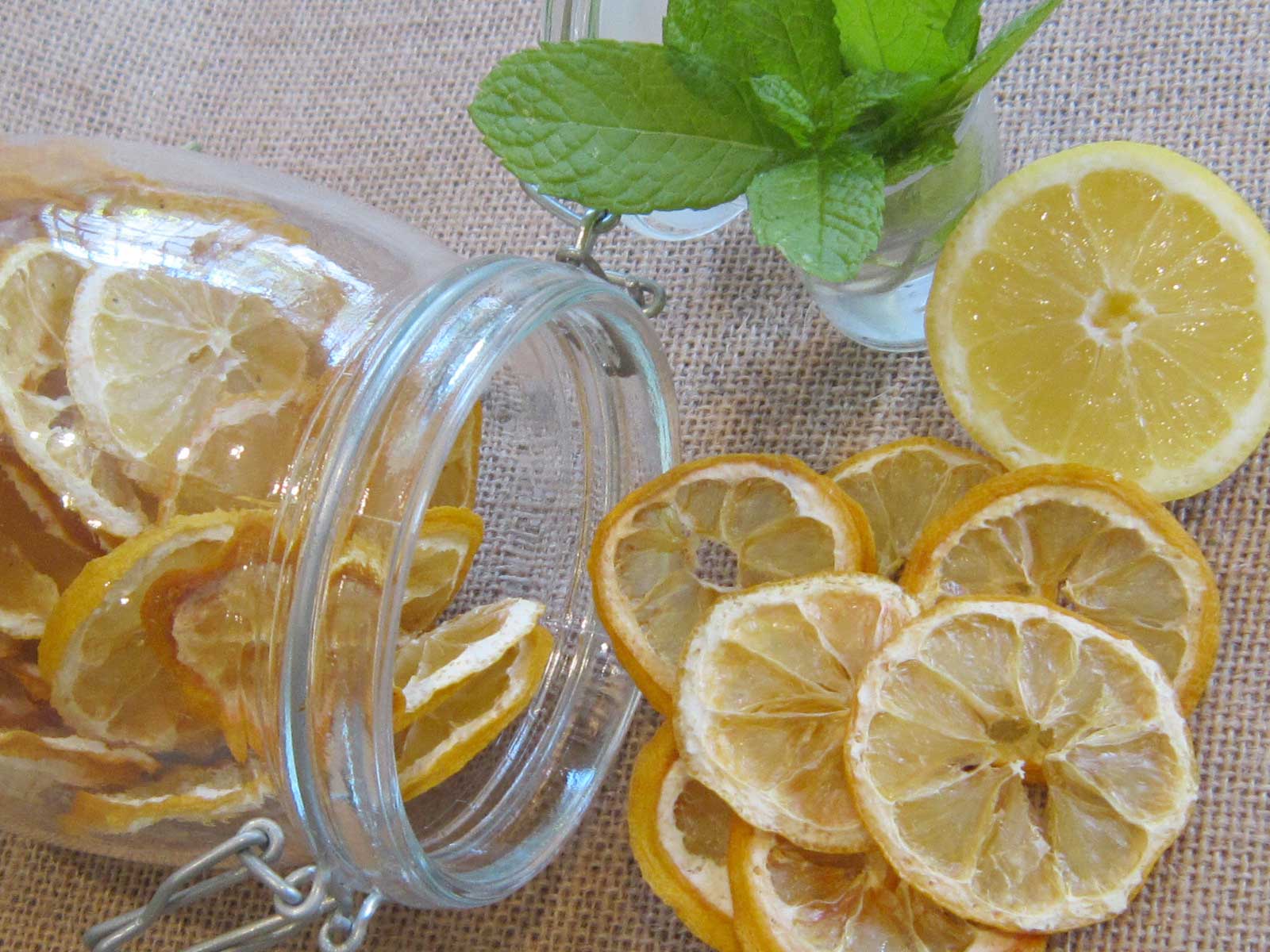
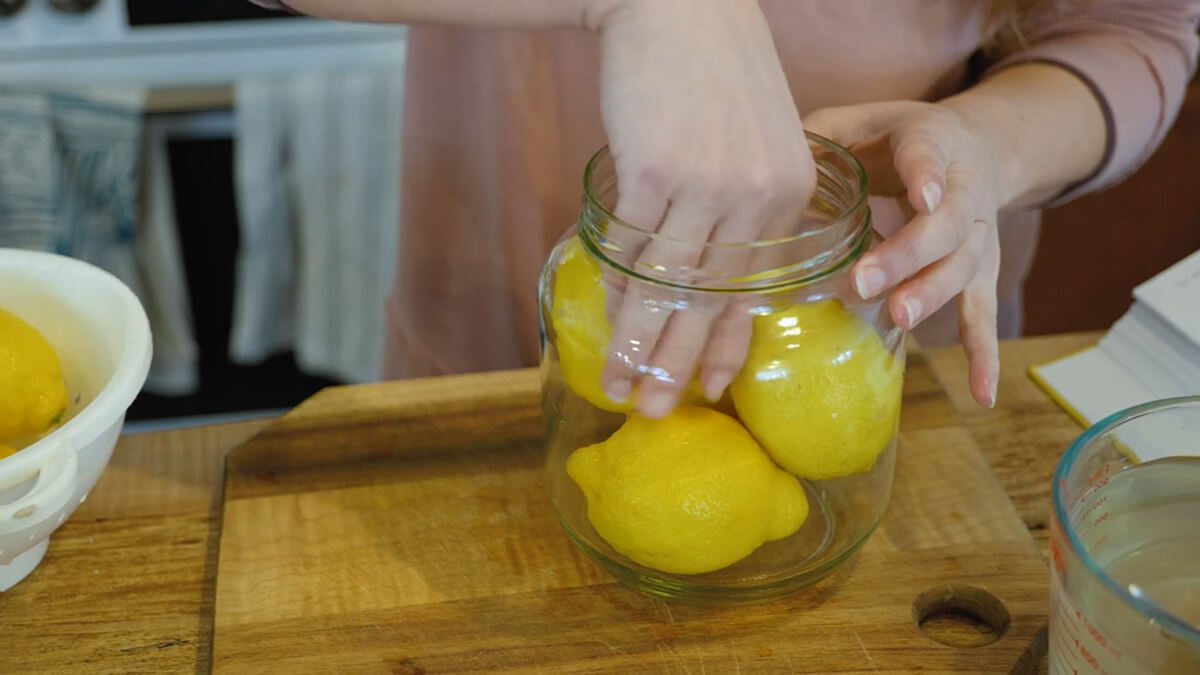
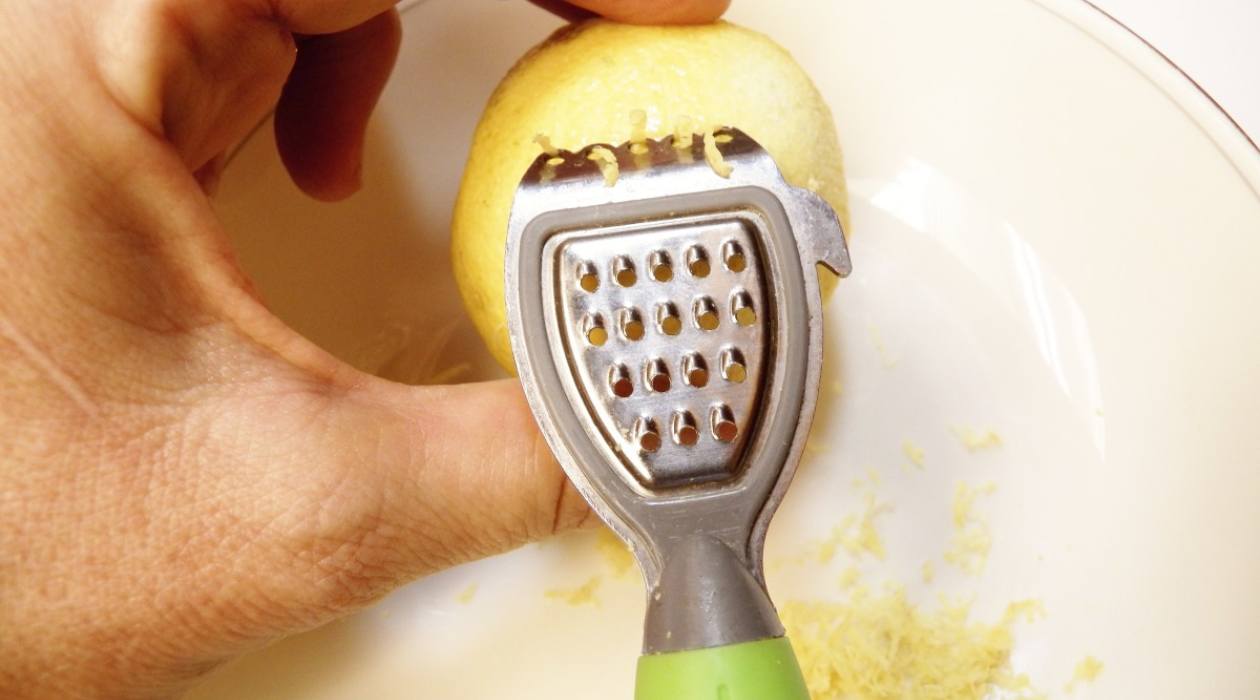
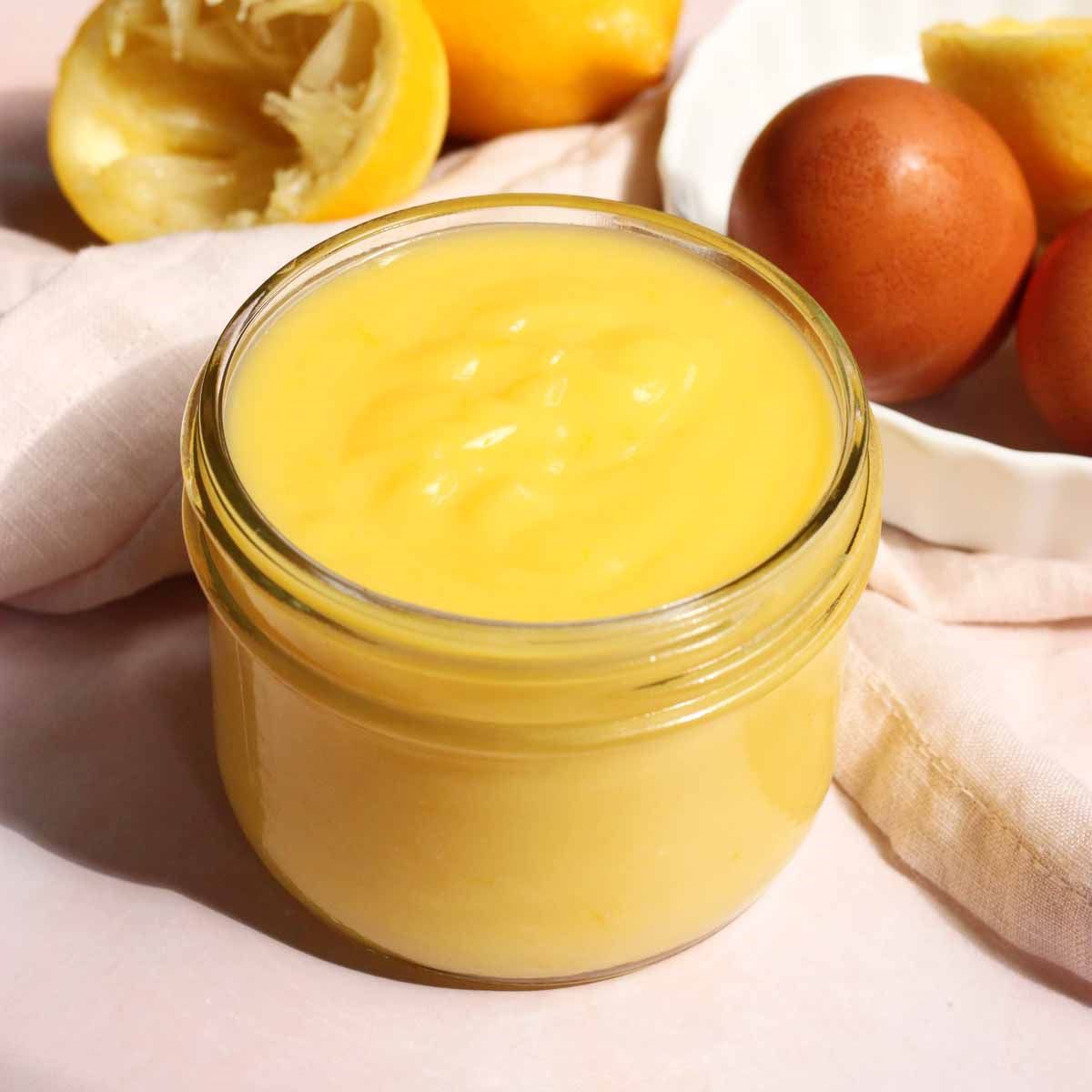
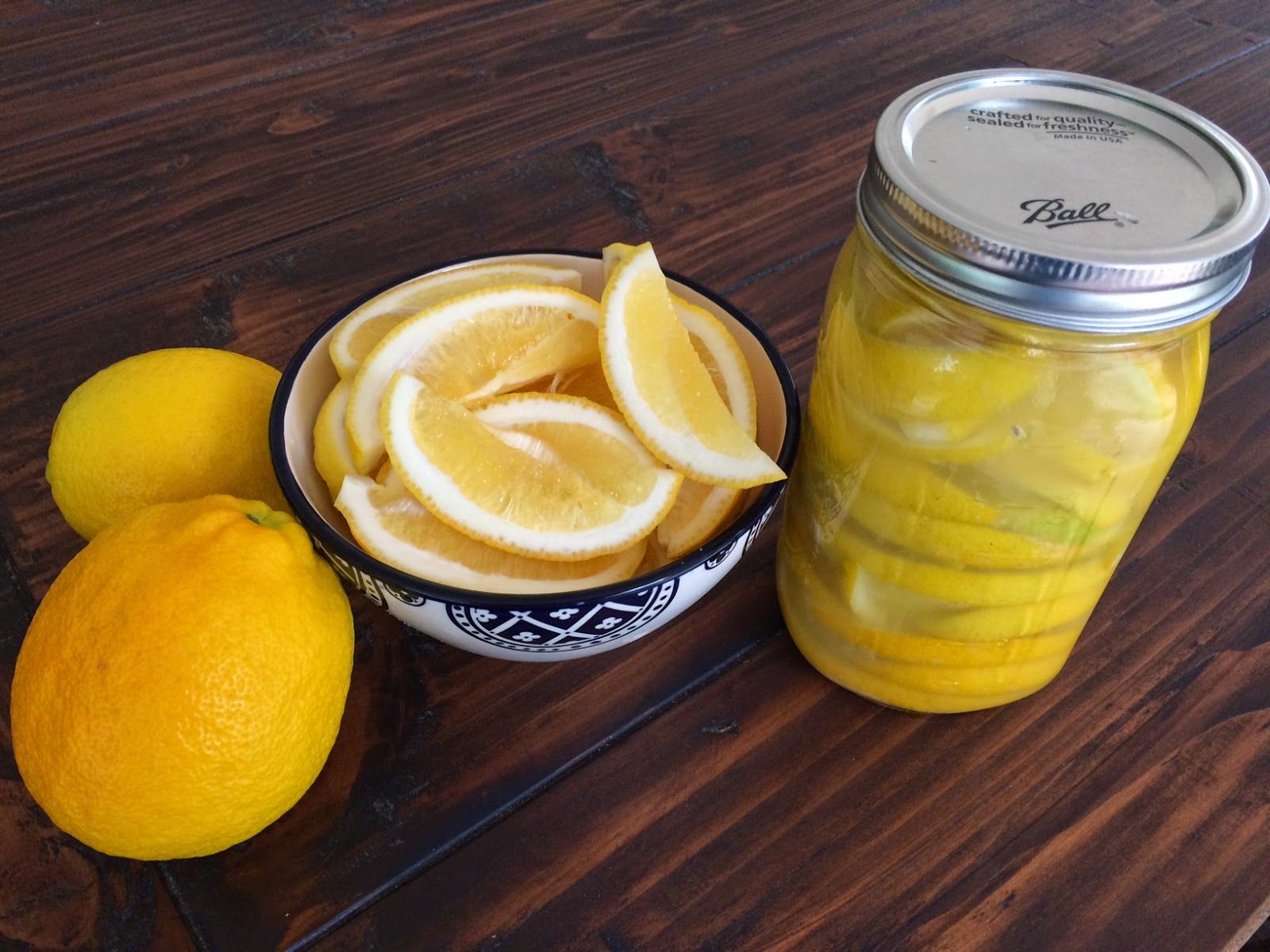
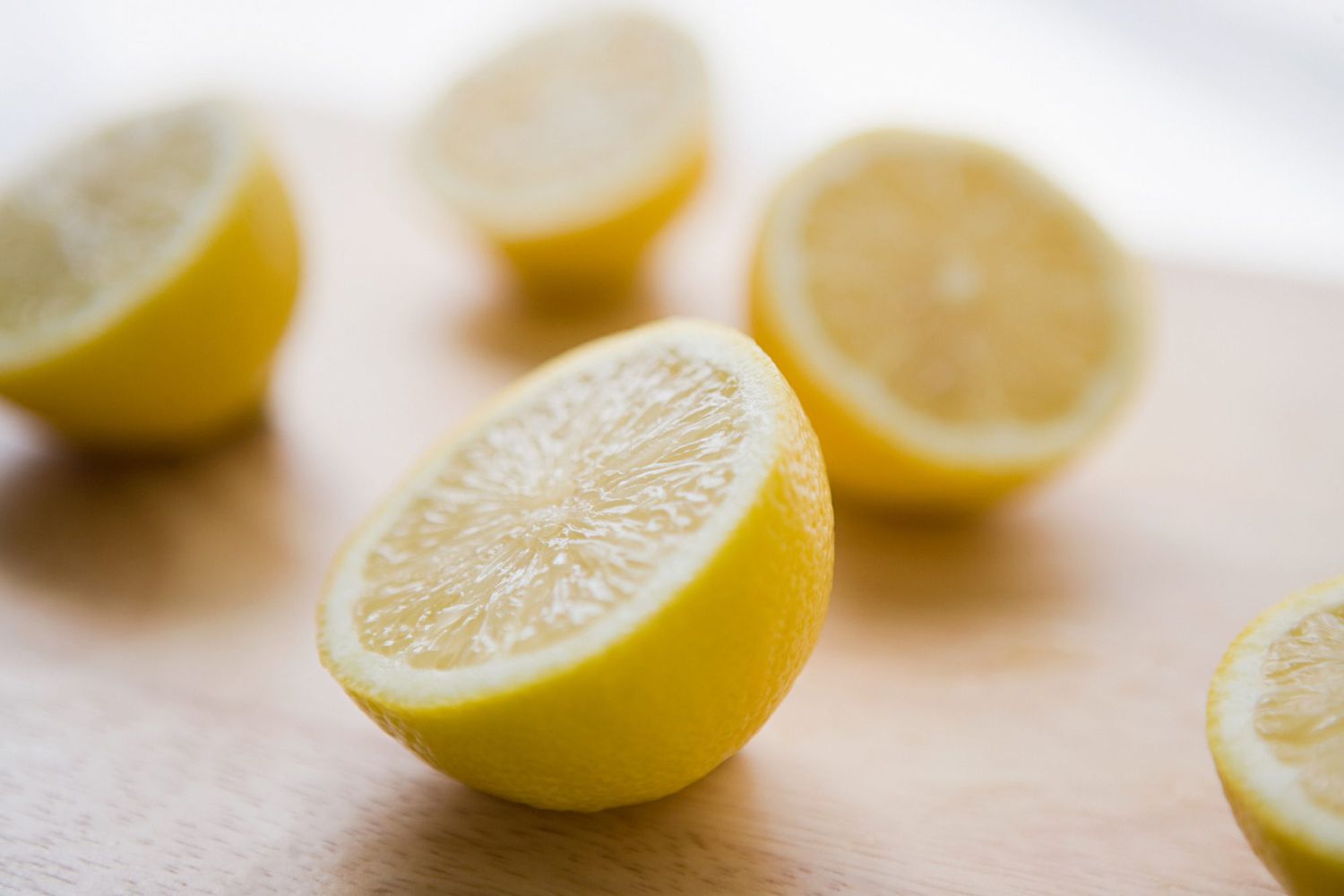
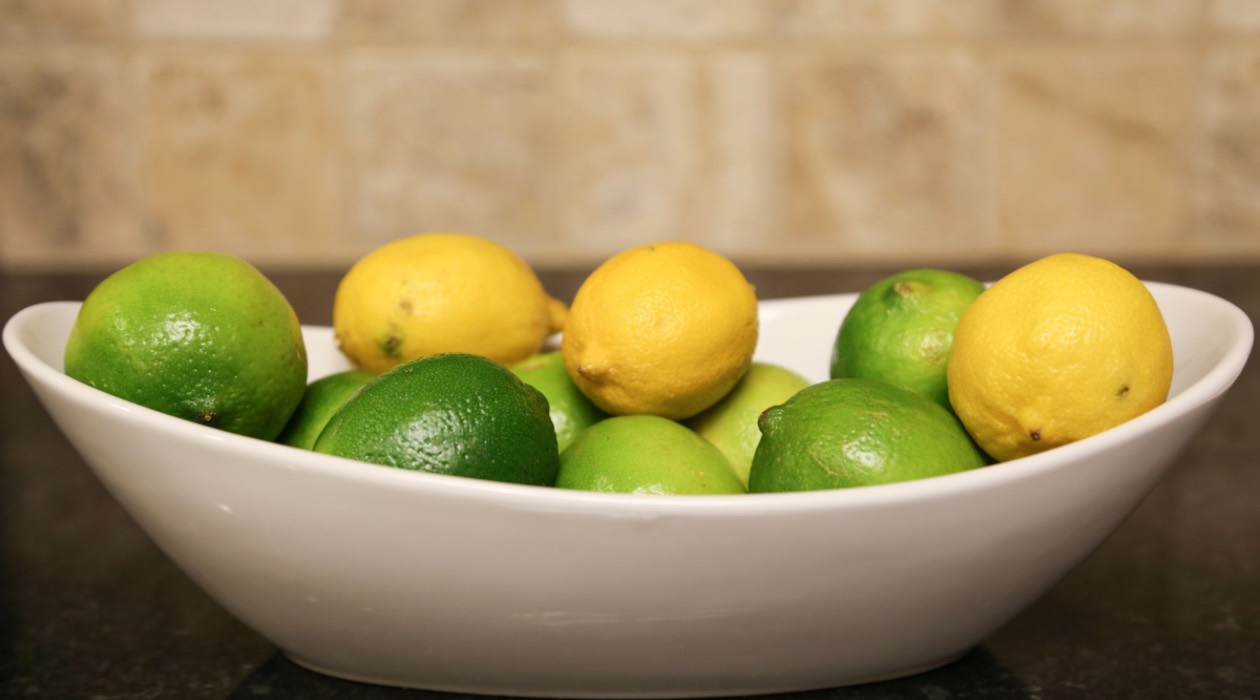
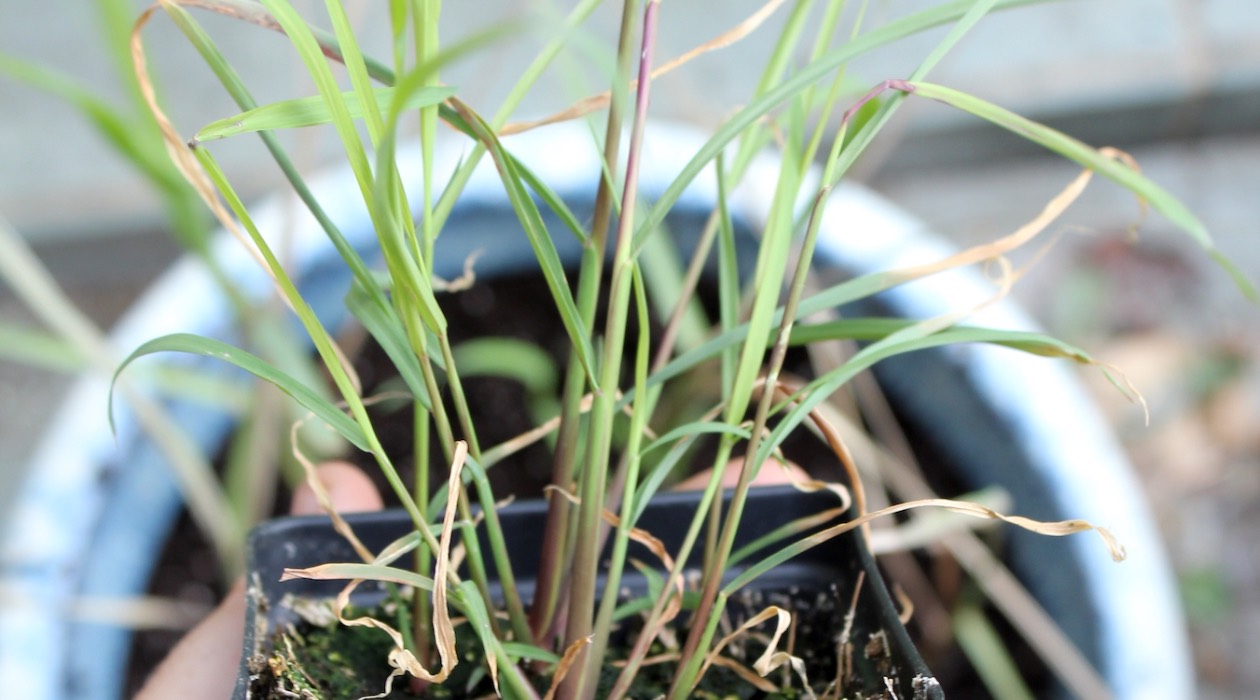

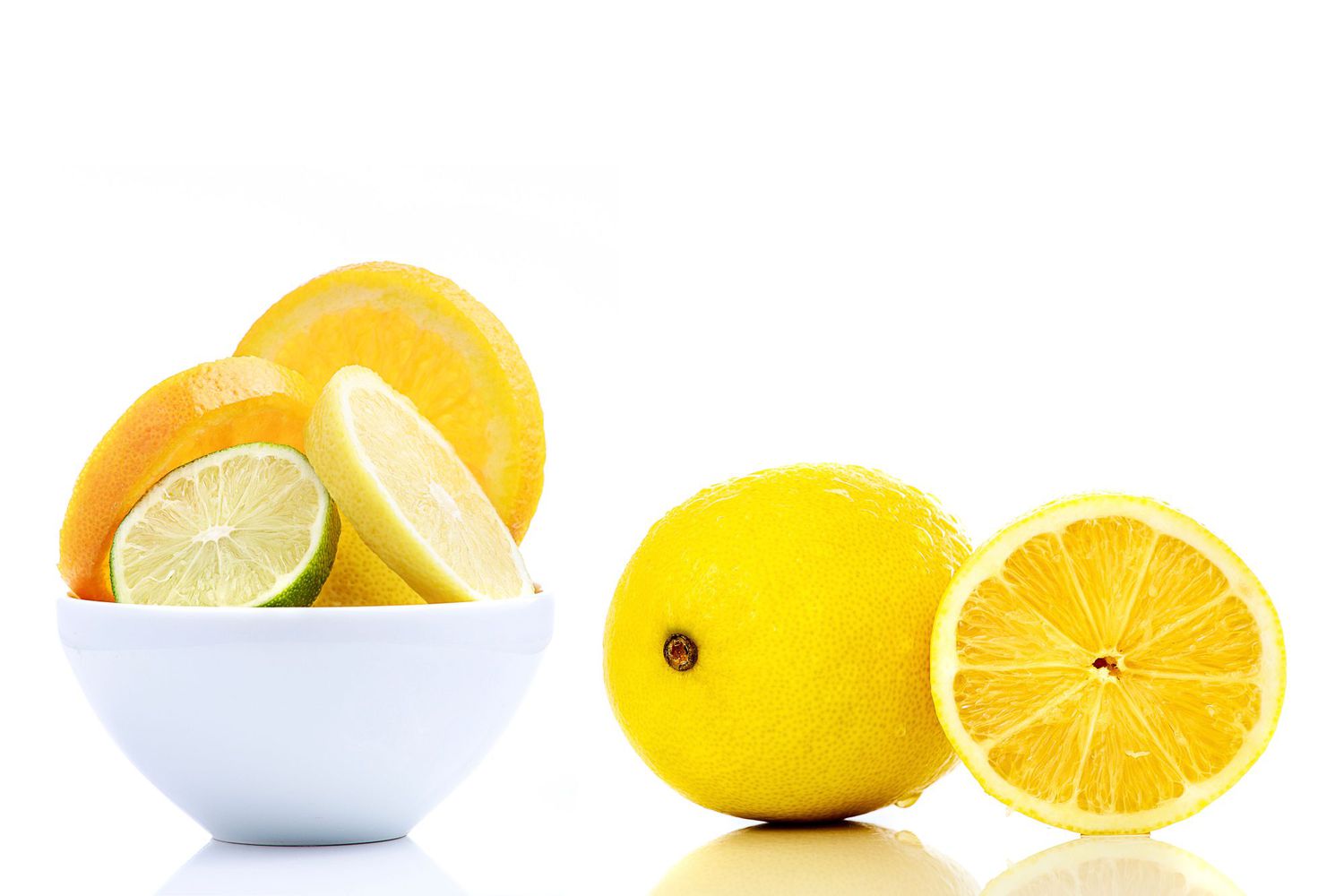
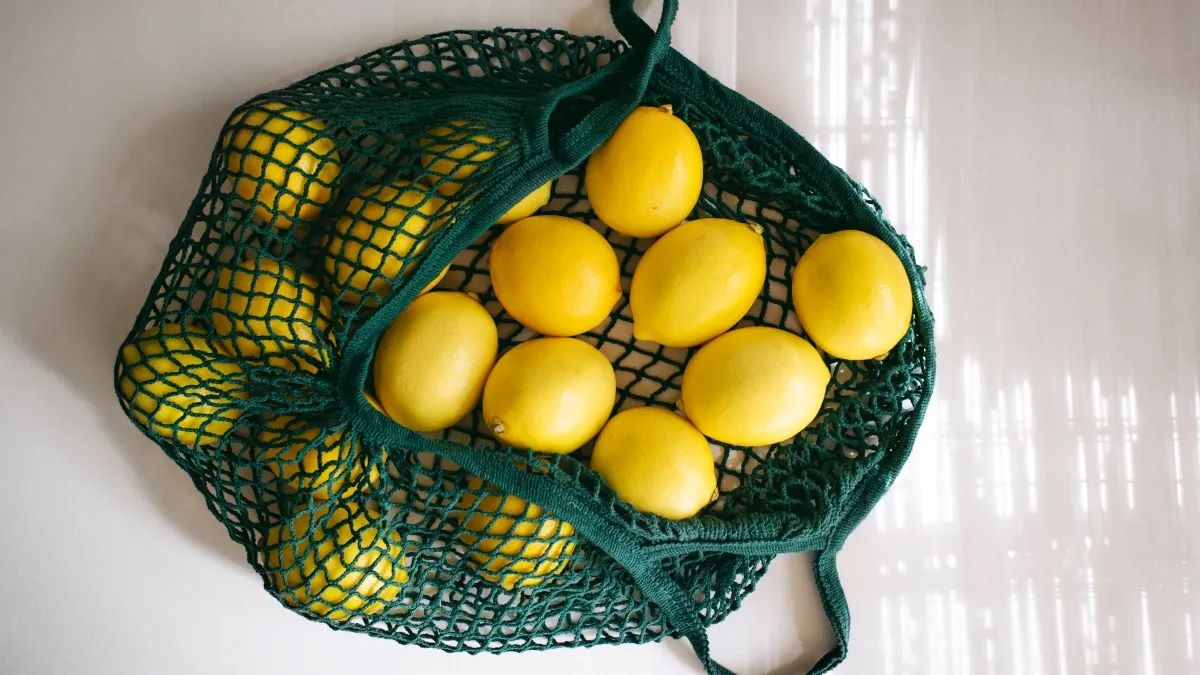
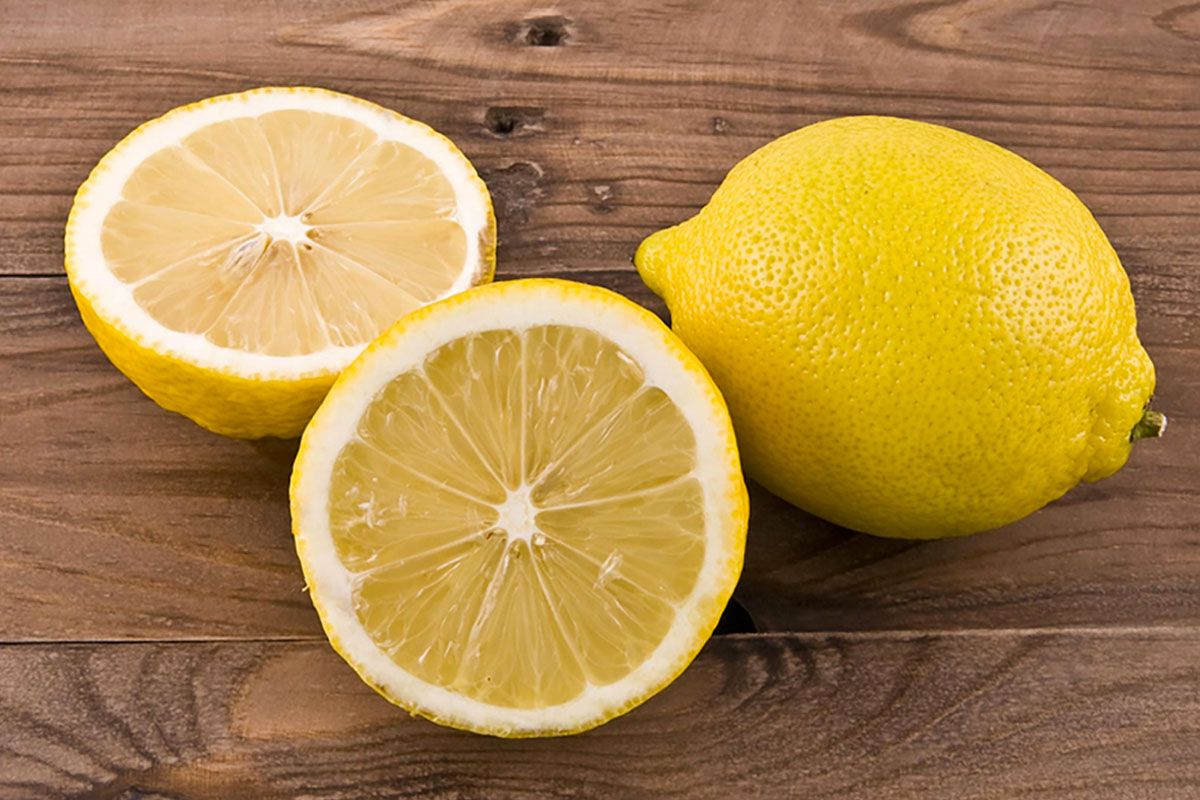
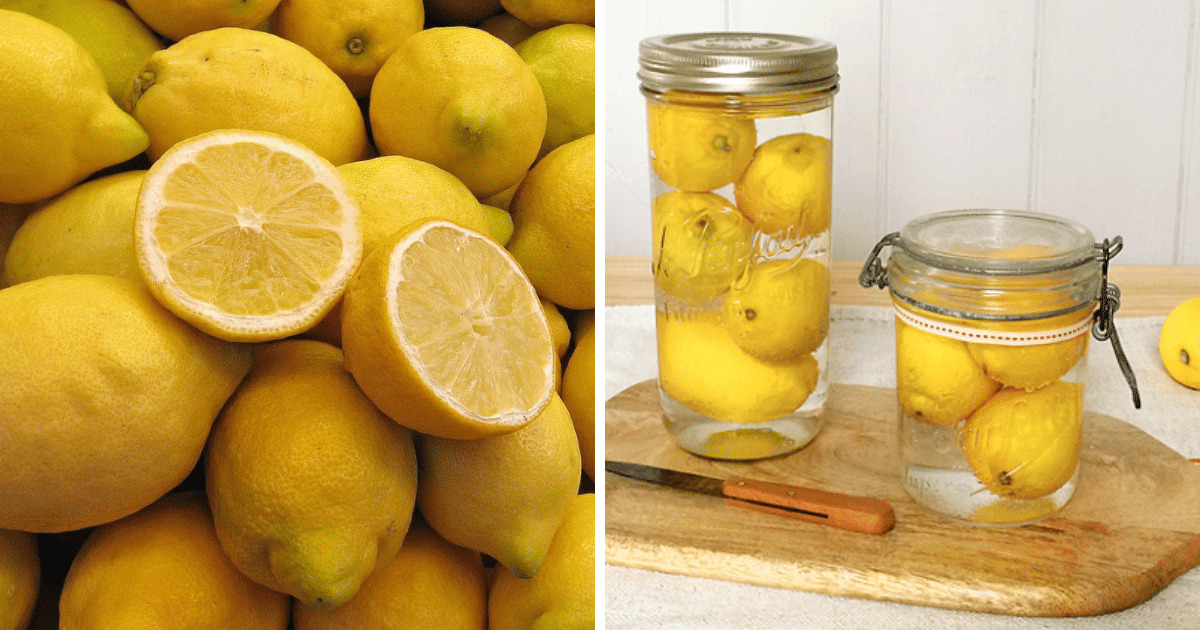

0 thoughts on “How To Store Meyer Lemons”